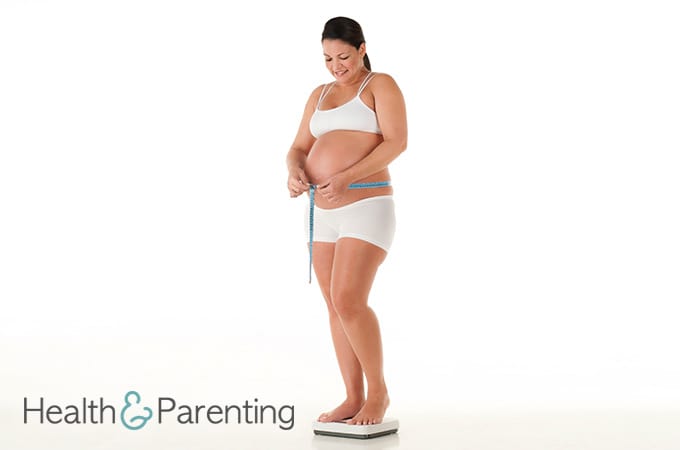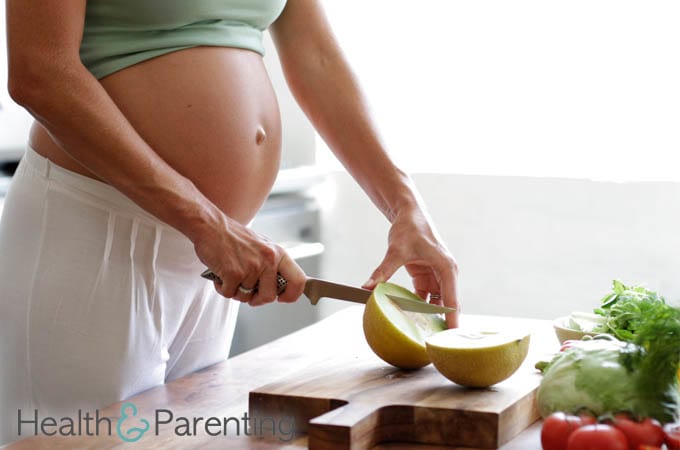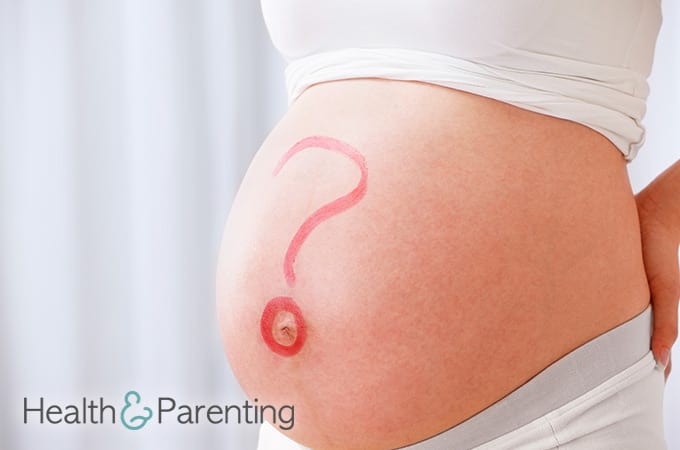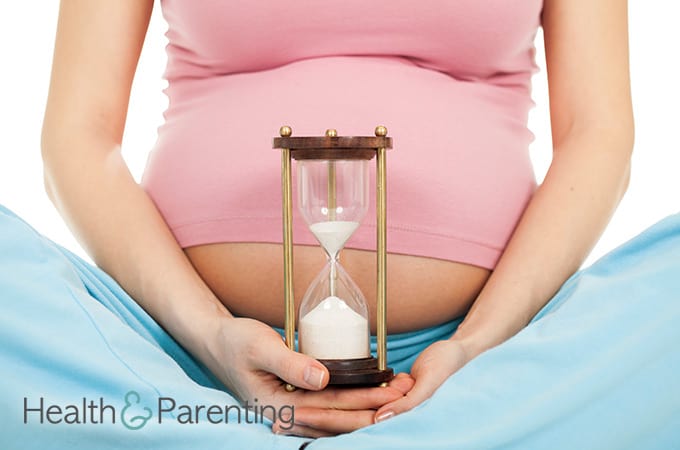Maintaining a healthy lifestyle and staying away from bad habits is definitely one of the most important things every individual should take seriously. For pregnant women, however, it is much more important to break bad habits, even if they find it very difficult. Now that you are pregnant, it is no longer about your health only; it is your baby’s health at risk, as well.
Many of your bad habits may cause harm to your baby, resulting in disease, growth issues and brain damage. So, if you want your baby to be healthy and strong, work to control the following habits to have a healthy pregnancy:
Smoking
Of all bad habits that can harm your baby during pregnancy, smoking is probably the worst one. It can inhibit the required amount of oxygen from reaching your baby as it affects the circulation of blood in your body. Lack of oxygen to your baby can result in miscarriage, stillbirth, possible lung infections, or a weak heart for the baby. No alternatives in the form of patches are any less damaging so this is one habit you need to give up completely when you get pregnant.
Alcohol and Drugs
Alcohol during pregnancy is also dangerous. Alcohol has the ability of passing through your placenta and reaching the baby directly. It is like your baby is consuming alcohol already and that can cause various developmental issues with him or her. It’s much better to be safe than sorry and keep alcohol at bay while pregnant. In addition, drugs of any type that are not approved by your doctor can be outright dangerous to your pregnancy.
Eating Junk Food
While you may be having weird cravings at all times of the day, sticking to a healthy diet is very important during pregnancy. Junk foods that have high levels of fats and sugar are related to several birth defects. Improper foods consumed during pregnancy can cause blood pressure issues, elevated cholesterol levels, and high sugar levels.
Consuming Caffeine
Too much caffeine taken during pregnancy can be harmful for your baby as well. It can increase the chances of miscarriage and may also cause low birth weight. The highest level of caffeine you can consume each day is 200mg but it is still recommended for you to avoid it. The most common sources of caffeine include coffee, tea, chocolate, colas, energy drinks, and some pain killers.
Lack of Sleep
During pregnancy, it is very common for women to feel extra sleepy all the time. Even if you didn’t sleep much before, you will feel the need to take a nap more often now that you are pregnant. So, when one of these urges occur, listen to your body’s signals and abide by them. Resting and taking occasional naps during pregnancy can leave you feeling more energized and refreshed. Usually, you are only going to experience this during the first trimester, so take it easy.
Have a healthy lifestyle if you want your pregnancy to progress smoothly and if you don’t want any harm to come to your baby. It is better to be safe than sorry, especially when it’s the health of your baby on the line.
Written by Manal, first time mom and writer
This information is not intended to replace the advice of a trained medical doctor. Health & Parenting Ltd disclaims any liability for the decisions you make based on this information, which is provided to you on a general information basis only and not as a substitute for personalized medical advice. All contents copyright © Health & Parenting Ltd 2017. All rights reserved.



















